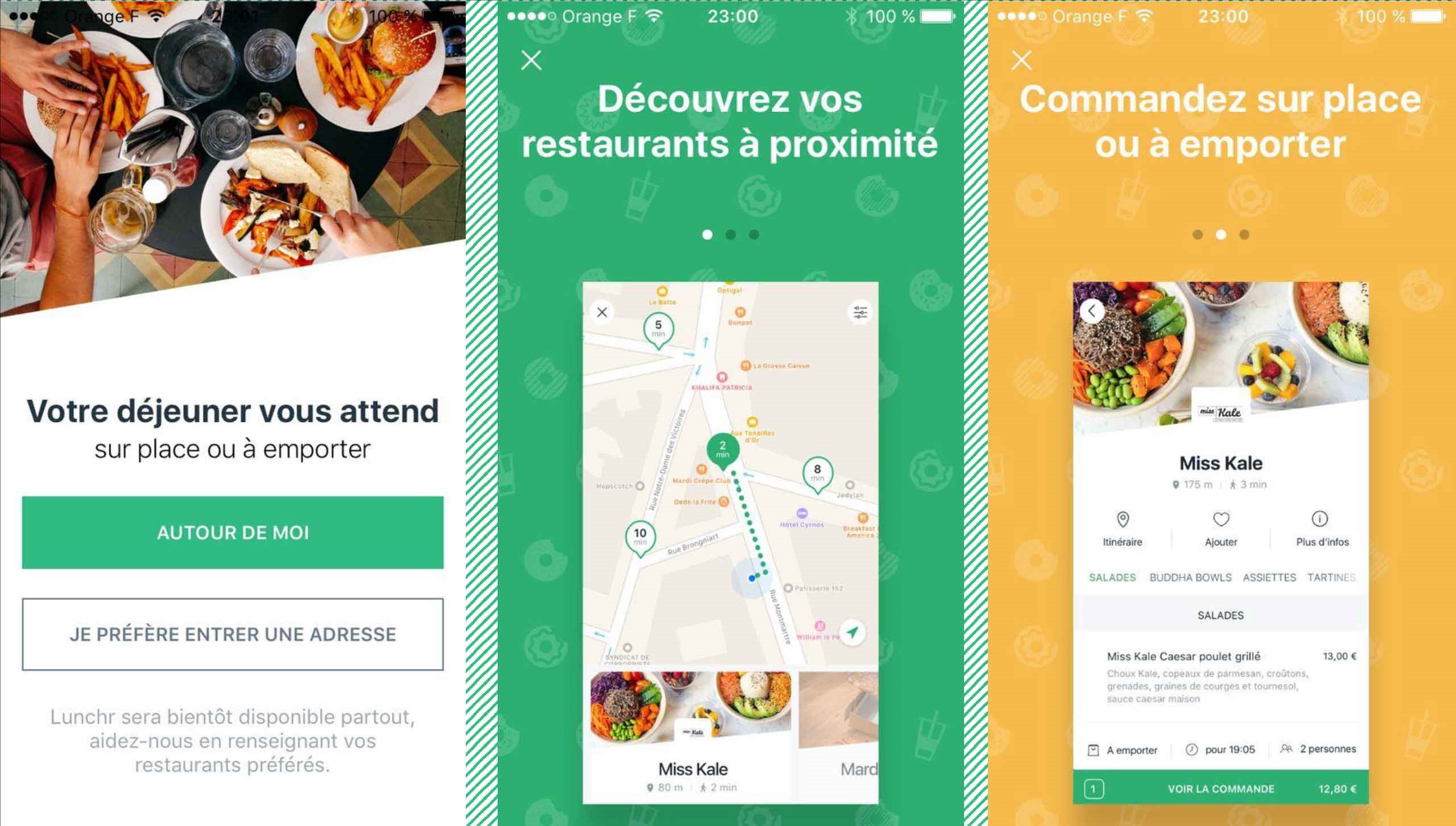Lunchr: New Entrant on the Market of Meal Vouchers

The French start-up Lunchr had been intending to remedy the issue of waiting in line at lunch time when they launched their mobile ordering app for meals. They are now scaling up as they enter the market of luncheon vouchers, too. They are adding a BtoB approach to their initial BtoC model, and also introducing a Mastercard payment card.
Lunchr was launched in 2017 by the founder of the advertising solution Teads. It started out as a service for making it easier to order lunch. They ran a fundraising campaign and have been highlighting encouraging results, with 10,000 orders in six months. Yet, they now aim for another market.
The new payment card will be paired with their existing mobile app, enabling employees to pay at more than 180,000 locations in France (restaurants, bakers, supermarkets). The app will be helpful to manage their card balance, search for restaurants, pre-order, and prepay their meals. The users may also enjoy discounts through a group ordering option.
This FinTech’s business model is based on a commission on card use. Customer companies will be charged each time the card balance is topped up. Restaurants, for their part, will be charged a 5% fee for each transaction based on their app and card.
Comments – New approach binding pre-orders and meal vouchers
The French commission for meal vouchers (CNTR) just celebrated their payment voucher’s 50th anniversary. This means of payment has been gaining momentum over the years, but its digital transition took more time than expected. Four million employees have access to meal vouchers, but only 30% use a dedicated payment card or mobile app. Lunchr intends for this to change through a never-before-seen market approach. In fact, the current dematerialisation process is also a tremendous opportunity for new entrants on a market worth 6 billion euros, however, highly regulated and also closed.
Lunchr chooses a digital solution binding remote orders and meal vouchers-based payments: a brand new combination. Besides the specific customer process they propose, they also add in a social dimension as they build on community-oriented features, enabling co-workers to organise their meals with employees from nearby companies. This start-up has attracted roughly 100 companies so far, or 2,000 employees or so. They are, however, hoping they can grow fast (aiming for 50,000 users and 30 million euros in issuing for 2018).
